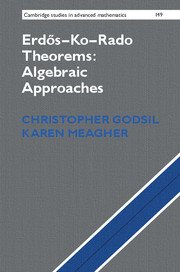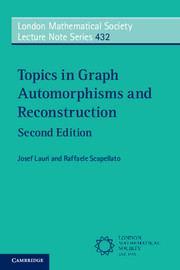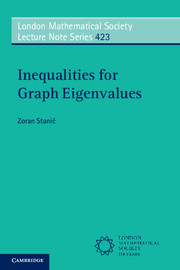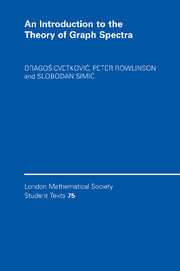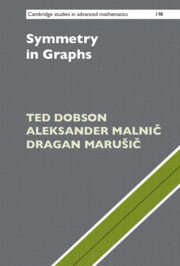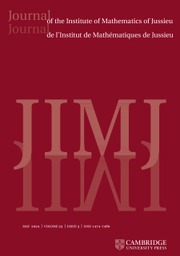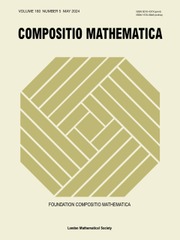Erdõs–Ko–Rado Theorems: Algebraic Approaches
Aimed at graduate students and researchers, this fascinating text provides a comprehensive study of the Erdős–Ko–Rado Theorem, with a focus on algebraic methods. The authors begin by discussing well-known proofs of the EKR bound for intersecting families. The natural generalization of the EKR Theorem holds for many different objects that have a notion of intersection, and the bulk of this book focuses on algebraic proofs that can be applied to these different objects. The authors introduce tools commonly used in algebraic graph theory and show how these can be used to prove versions of the EKR Theorem. Topics include association schemes, strongly regular graphs, the Johnson scheme, the Hamming scheme and the Grassmann scheme. Readers can expand their understanding at every step with the 170 end-of-chapter exercises. The final chapter discusses in detail 15 open problems, each of which would make an interesting research project.
- Comprehensive look at the EKR Theorem covering many areas and techniques
- Self-contained chapters and exercises make this text suitable for a graduate course
- Final chapter outlines open research problems to inspire future research
Reviews & endorsements
'This is an excellent book about Erdos-Ko-Rado (EKR) Theorems and how to prove them by algebraic methods … The writing style is reader-friendly, and proofs are well organized and easily followed. Also, every chapter contains Exercises and Notes, which are very useful for expanding understanding and finding further reading. The reviewer recommends this book without hesitation to all graduate students and researchers interested in combinatorics.' Norihide Tokushige, MathSciNet
Product details
No date availableHardback
9781107128446
350 pages
235 × 158 × 23 mm
0.62kg
5 b/w illus. 170 exercises
Table of Contents
- Preface
- 1. The Erdős–Ko–Rado Theorem
- 2. Bounds on cocliques
- 3. Association schemes
- 4. Distance-regular graphs
- 5. Strongly regular graphs
- 6. The Johnson scheme
- 7. Polytopes
- 8. The exact bound
- 9. The Grassmann scheme
- 10. The Hamming scheme
- 11. Representation theory
- 12. Representations of symmetric group
- 13. Orbitals
- 14. Permutations
- 15. Partitions
- 16. Open problems
- Glossary of symbols
- Glossary of operations and relations
- References
- Index.

